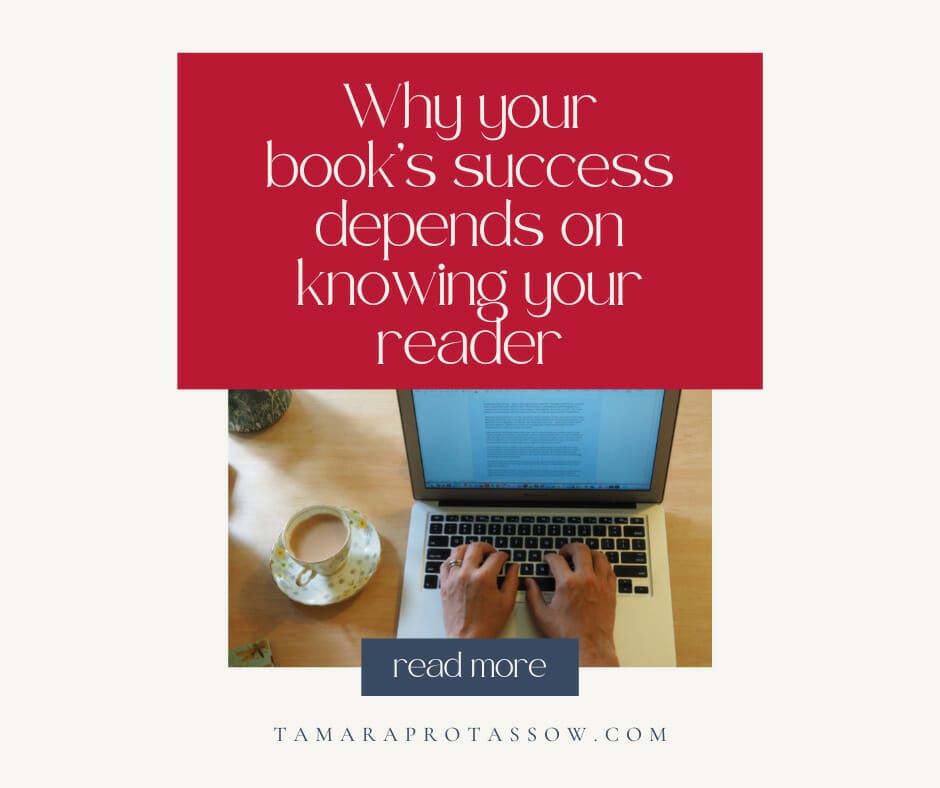You’ve got a message to get out there into the world.
You know you need to write a book.
Also? You know you need to have it done yesterday. This book needs to be out there, helping people, changing lives, making a difference, entertaining. It’s doing nothing while it’s in your head.
I know. It’s urgent.
But.
If you don’t set it up right, you’ll end up spending way more time down the track fixing issues that wouldn’t be happening if you just took some time right at the start.
How do I know? I spent 12 years editing non-fiction, and the books that didn’t have this vital piece in place took much longer to edit and much more work to get ready to publish.
Why your book’s success depends on knowing your reader
If you know your reader, you’ll be able to write in a way that makes a connection with them, and that’s really important to your book landing with the people who need it.
Humans are storytelling animals, and we do best when we feel understood.
If your book’s purpose is to help people, your reader will want to feel like you know exactly what they’re going through, what they need, and how to get them though the other side.
This applies even if you’re writing an entertaining book, or memoir/your story. You’ll still have a reader that you’re aiming to connect with, the one person who needs what you’re writing.
Why is it important to just have one reader in mind?
When you write your book to someone, your tone will be much more personal. This means that they will feel like you’re talking to them, and them alone.
And the magic is that by writing to one person, making it personal, every reader who picks up your book will feel like you’re writing to them. That’s the paradox of appealing to an audience: writing to one person ensures you appeal to the many.
How do you do that?
You can make sure that you’re writing for one reader by taking a few minutes to really picture your reader and describe them to yourself.
I’m going to repeat the really important bit: describe ONE person.
Not an age group or demographic.
ONE person.
Really think about who that one person is. Picture them, or write down a description so you can refer back to it. Give them a name, interests, worries. Make them a whole, believable character so that when you write, you know exactly who you’re writing to.
It’s fine if it’s a friend or someone you work with, someone you know. They’re not going to know unless you tell them!
Your reader may be you, several steps behind where you are now. This is super common when you’re writing about how to get through something that you’ve gone through yourself. If you’re writing in that space and you’re stumped about who your reader is, check that it’s not a previous version of you
The best thing you can do for your book is define your reader right at the beginning. Of course, if you’re already writing your draft then don’t stress: just define your reader as soon as you possibly can.
Once you’ve defined your reader, you can then get on with taking them through your book as if you’re leading a dear friend by the hand.
If you’re keen to get your book started so you can write without stress, head over here to watch my short, 3 minute video on the 5 Mistakes First Time Authors Make and How To Avoid Them. There’s even a downloadable checklist so that you can make sure you’re good to go!


0 Comments